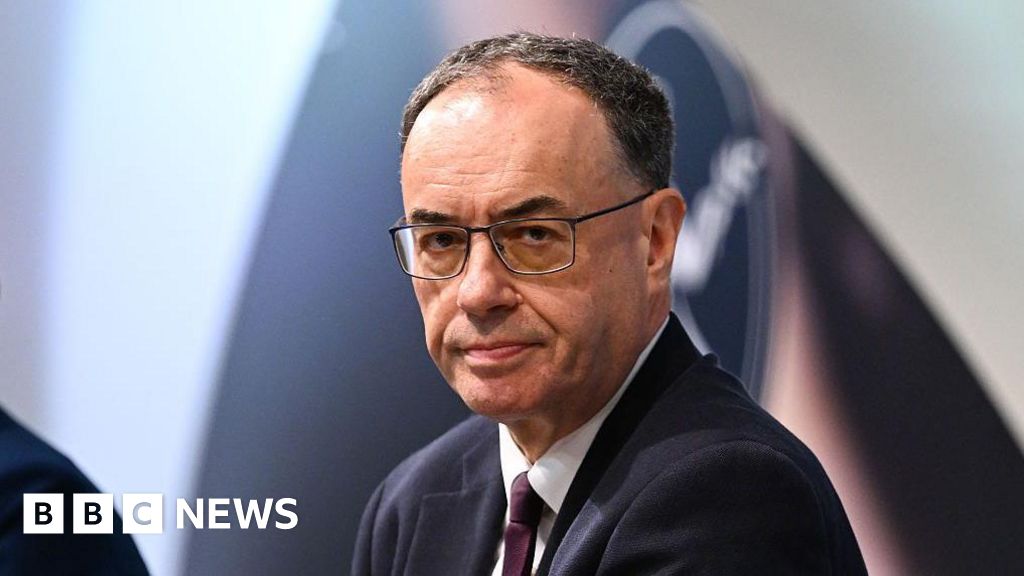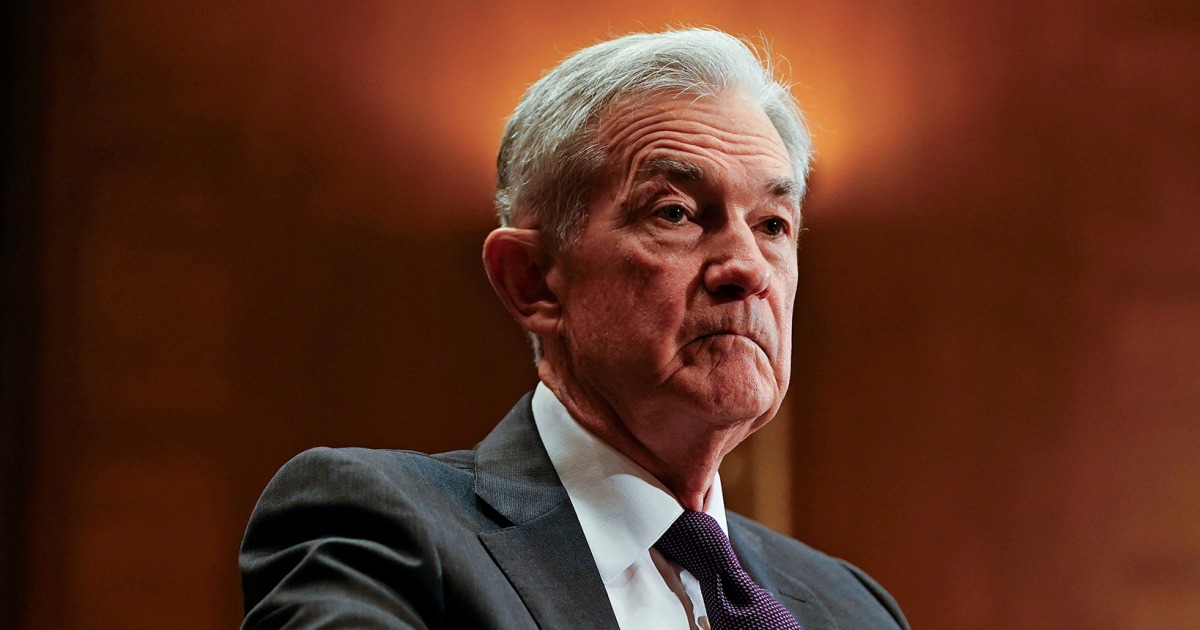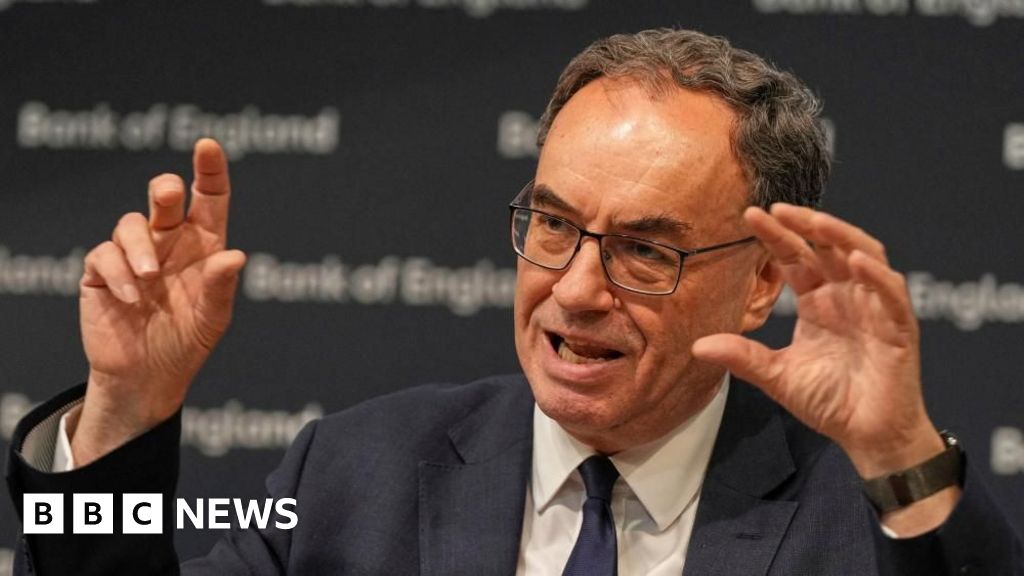Australia's Central Bank Cuts Interest Rates to Boost Economy

Introduction
Australia's central bank has recently announced a cut in interest rates to their lowest in over two years, in response to a weakening economy. The benchmark rates now stand at 3.6%, their lowest since April 2023. This decision has been made in an effort to stimulate economic growth and increase consumer spending.
Key Details
This latest interest rate cut marks the third consecutive decrease by the Reserve Bank of Australia, bringing interest rates to their lowest levels since the global financial crisis. The country's GDP growth has also been downgraded from 2.5% to 2.25% for 2020, as a result of the ongoing US-China trade tensions and the recent bushfires that have impacted the economy. This decision by the central bank is also in line with other major central banks around the world, who are focused on supporting their economies amidst global economic uncertainties.
Impact
The interest rate cut is expected to have a positive impact on the Australian economy, particularly on the struggling housing market. This decrease in interest rates will make it more affordable for individuals and businesses to borrow and invest, boosting economic growth and consumer spending. However, the continued trade tensions and natural disasters in the country may hinder the full impact of the rate cut, and the central bank may need to take further action in the future to support the economy.
About the Organizations Mentioned
Reserve Bank of Australia
The **Reserve Bank of Australia (RBA)** is the nation's central bank, established by the Reserve Bank Act 1959 with a mission to promote the economic prosperity and welfare of Australians through effective monetary policy, financial stability, and currency issuance[1][2][3]. Its core responsibilities include setting the cash rate—Australia's key interest rate—which influences economic activity, inflation, and employment levels. The RBA targets an inflation rate of 2-3% over the economic cycle to maintain price stability and sustainable growth[3][9]. The RBA governs monetary policy through its Monetary Policy Board, which meets monthly (except January) to adjust the cash rate based on economic conditions[5][8]. It also operates the Payments System Board, responsible for ensuring efficient, competitive, and secure payment systems, including support for the New Payments Platform facilitating real-time transactions[5]. The bank issues Australia’s banknotes via its subsidiary, Note Printing Australia, which also produces currency for other countries[3]. Beyond monetary policy, the RBA manages Australia's gold and foreign exchange reserves, acts as banker to the Australian government and some overseas central banks, and plays a key role in maintaining financial system stability by intervening in financial markets when necessary[1][2][5]. It represents Australia in global financial forums such as the G20, IMF, and Bank for International Settlements, reflecting its international financial stewardship[5]. Headquartered in Sydney, the RBA employs over 900 staff across Australia and international offices, emphasizing both operational capacity and governance independence from the government[3][5]. Its notable achievements include formalizing inflation targeting in the 1990s, which has been pivotal in anchoring inflation expectations and supporting economic resilience. In summary, the Reserve Bank of Australia blends monetary policy, financial system oversight, payment innovation, and currency management to sustain Australia's economic health and adapt to evolving global and technological challenges, making it a cornerstone institution in the business and technology landscape.














